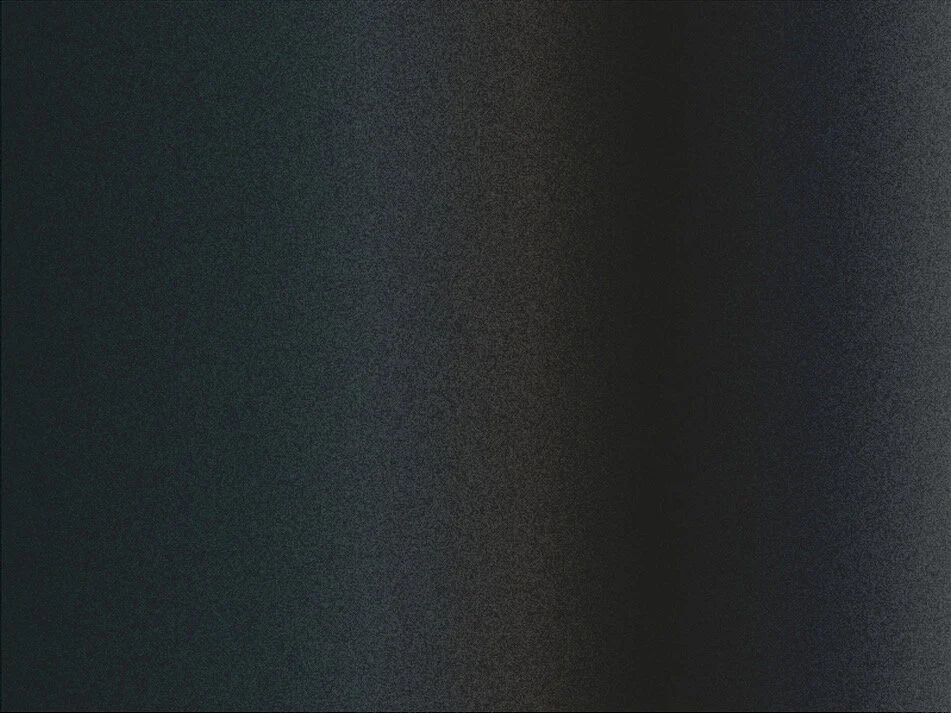J. Zunz
Hibiscus
SCORE: 8.8 out of 10
On her second solo album, J. Zunz delivers dark, highly textured pieces, mixing icy modulations with short bursts of feedback and hypnagogic vocals to create a beautiful, otherworldly feel. Hibiscus is a more than worthy sequel to the impressive debut that was Silente back in 2017; it might even surpass it.
In 2017, Lorena Quintanilla debuted Silente, her first foray into music outside of Lorelle Meets the Obsolete, a well renowned duo from which she is a co-founder. Under the J. Zunz moniker, Quintanilla achieved something that members from well-established acts rarely achieve when they first go solo: she delivered a set of songs that were a complete departure from the standard sound of her main band, but still felt prophetic of what would come for both herself and Lorelle, as she was able to hone the sound-crafting abilities that would result in De-Facto (2019) -LMO’s most experimental record to date- and on this year’s Hibiscus, Quintanilla’s excellent sophomore solo effort.
Silente was still rooted in straightforward dream-pop/psych-rock dynamics, but Lorena proved to be very meticulous when it came to sound, and the album was immersive, expansive, and truly psychedelic — more so than what she ever achieved with Lorelle. On Hibiscus, these characteristics have been intensified, and by opting to remain ethereal, Zunz succeeded in creating a beautiful sense of otherworldliness with icy synth textures, deformed and cataclysmic guitars, brief feedback bursts and hypnagogic voices. Only one song in the whole album (“33:33”) feels like a throwback to the desert-psych moments, but even then, the track has an interesting twist before going into full Jane Weaver mode.
Even if it’s just being used to add texture, the voice might be the weak link in the formula, due to its lack of range. At this point in time, the soft-spoken narcotic femme vox is a trait that no longer holds the charm it used to, and it pales in comparison to the vast array of sounds Lorena is able to summon around her. Nonetheless, it’s hard to say that it takes away from the album, as it works with the tracks’ aesthetic, and those distorted screams in “Jupiter” add a nice touch. Those ephemeral moments of harshness give Hibiscus an almost power-electronics vibe; “Jupiter” even has a slight Deutsch Nepal feel. “America is A Continent” might just be one of Zunz’s best songs yet; the marriage of dark, abrasive, and dreamy is perfectly handled, and its avoidance of MVB/Bardo Pond worship to achieve this is much appreciated.
It is said that sequels are never as good as the original, but this LP might be one of those rare cases in which the opposite happened, as Lorena managed to show significant growth without having to deviate too much from her initial sound. It can be said that both albums are similar, but it’s their nature that makes the difference: For all its inventive and abstract sound design, Silente still felt terrestrial in a sense, while Hibiscus is completely celestial; and, as with everything related to the heavens, it is full of unsettling moments wrapped in incomprehensible mystery despite the calmness and plenitude that prevails. It is within this realm, away from the corporeal, that Quintanilla truly shines.





